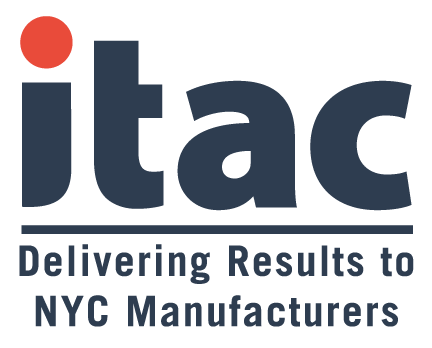“If you’re told things can’t change, they never will. We give people solutions and an opportunity to thrive.”
Jennifer HercmanExecutive Director
“Our core mission is access, care, and independence for everyone.” — Jennifer Hercman, Executive Director, Adaptive Designs
Adaptive Designs was established over twenty-five years ago by Alex Truesdell, originally a teacher for children with multiple disabilities. Trusdell was visiting her aunt after an accident left her without the ability to use her fingers, and her aunt accidentally burned dinner because she was unable to use the oven dial. Her husband created an adaptation for the dial, giving her aunt the ability to cook independently, and the idea for Adaptive Designs quickly followed. Truesdell’s innovative approach involved crafting adaptive solutions using affordable materials like cardboard and rolled towels, and through persistent practice, she turned ideas and frustrations into highly customized, successful solutions, even earning a Fellowship from The MacArthur Foundation in 2015.
In 2017, Jennifer Hercman heard about Adaptive Designs, and applied to become a volunteer. She started with a tour and was immediately impressed: “There is a perfect combination of design, integrity, and humanity here. Everyone is so committed to serving the community and I love to see the incredible impact of the team’s designs.” Jennifer became the organization’s Executive Director in 2019, bringing a unique blend of design acumen and community-focused leadership to the organization.


“I am so proud of this organization. I want to shout from the rooftops how much passion and commitment there is here!”
Adaptive Designs is still focused on the same objective as when it was initially founded, namely bringing creativity, compassion, and design innovation to the forefront of accessibility. The organization’s clients are children and adults with disabilities, and Adaptive Designs provides completely custom equipment to help them live life to the fullest, specializing in crafting adaptive tools, harnesses, supports, and even adaptive toys.
Through collaborations with therapists, basic materials such as cardboard and wood, as well as 3D printing, Adaptive Designs pioneers solutions that evolve with the ever-changing needs of individuals with disabilities. Whether it’s a hybrid scooter wheelchair that allows budding athletes to explore their athletic abilities, specialty chairs for school lunch or piano playing, or absolutely anything in between, the engineers and designers at Adaptive Designs can make just about anything to help improve their client’s functional capabilities.
The organization also creates Standardized Tactile Augmentative Communication Symbols Kit (STACS) for children with low vision, blindness, or those who are deafblind. These cards help educators and parents teach students standardized vocabulary, and aid learners with conversations about people, places, events, and ideas. These communication cards can also be customized, with some favorites including The Wheels On The Bus and classic storybook sets: “Parents and teachers everywhere use visual aids to enhance story-time and to encourage children to engage with the story. For children with low vision or blindness, tactile aids serve the same function.”
“We want to serve the city and continue to be a place that inspires other communities. If we can do this, they can too.”
Jennifer’s main goals for Adaptive Designs are serving more clients and increasing revenue to ensure sustainability. As securing funding becomes increasingly difficult, Adaptive Designs has been looking for corporate opportunities to support its needs: “Corporations are focusing on diversity and inclusion and looking for opportunities to educate staff. These large businesses have money and volunteers, and we can certainly put these resources to work.” To tap into these opportunities, Adaptive Designs has opened its door to corporate volunteers who are able to help complete projects and assist on the production floor.
Other programs invite local students with disabilities to actively participate in Adaptive Designs’ programs. Workshops are held in collaboration with the Department of Education, teaching children how to create tools like easels and footrests. Such initiatives not only benefit the students, but also contributes to the organization’s revenue goals.
Jennifer is also quick to credit Adaptive Designs’ Board of Directors for its critical role in guiding the organization toward sustainability and growth. Comprised of seasoned professionals in government social services and nonprofits, the Board’s unique approach to problem-solving resonates with corporate volunteers and philanthropic groups, leading to opportunities for both financial support and community engagement.
Adaptive Designs is not just about crafting tools; it’s about crafting possibilities and changing lives. With a visionary leader in Jennifer Hercman, a dedicated team, and an unwavering commitment to its mission, Adaptive Designs continues to adapt, innovate, and serve as a beacon of accessibility for the community it so passionately supports.



